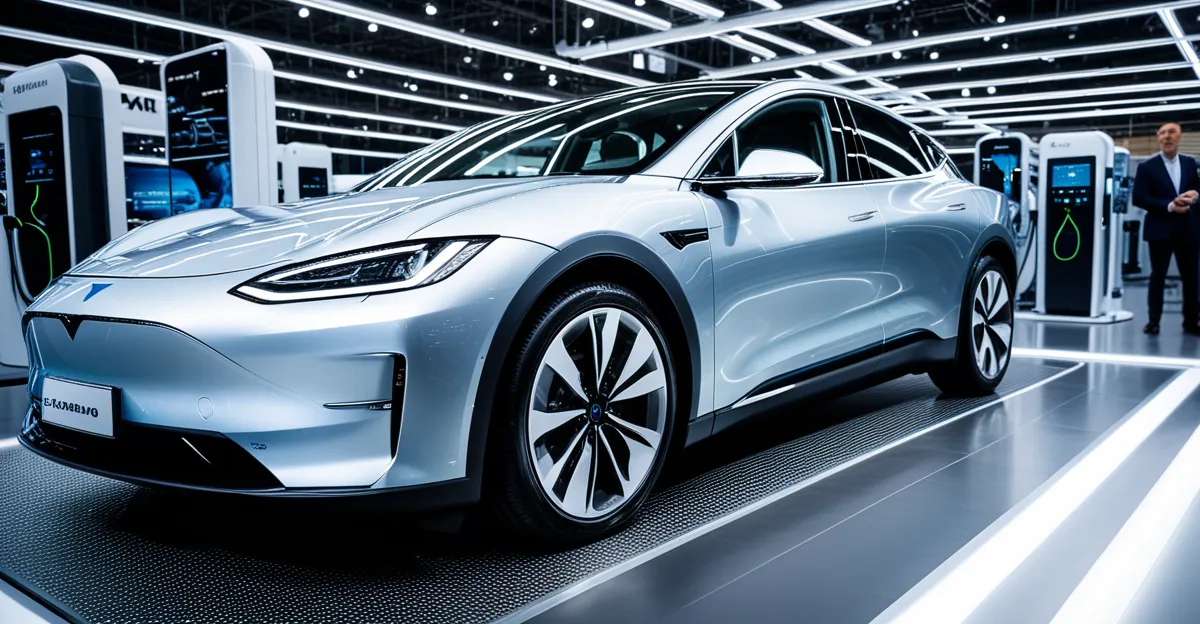Electric Vehicle Technology Trends and Innovations
Electric vehicle advancements are rapidly reshaping the automotive landscape. Key breakthroughs in battery technology have significantly increased energy density and reduced costs, enabling longer driving ranges and faster charging times. Innovations such as solid-state batteries and improved lithium-ion chemistries are leading the charge in enhancing EV performance and safety.
Recent software and hardware innovations extend beyond batteries. Advanced driver-assistance systems (ADAS) and vehicle-to-everything (V2X) communication improve safety and connectivity. On the hardware side, modular EV platforms allow manufacturers to optimize production flexibility and reduce weight, boosting efficiency.
In parallel : How is Technological Innovation Shaping the Future of the UK Automotive Industry?
Comparing EV technology trends with internal combustion engine (ICE) vehicle development reveals distinct differences. Unlike ICE vehicles, EVs benefit from simpler mechanical architectures, but require sophisticated electronics and software integration. This shift drives a new focus on over-the-air updates and digital user interfaces, emphasizing continuous improvement and user experience.
These innovations underscore a broader wave of automotive innovation focused on sustainability, connectivity, and performance enhancement, positioning electric vehicles at the forefront of future mobility solutions.
Topic to read : How Will Advancements in UK Automotive Technology Affect the Future of Transportation?
Direct Impacts of Electric Vehicles on Traditional Car Manufacturing
Electric vehicle advancements are reshaping traditional car manufacturing by altering fundamental production processes. The shift from internal combustion engine vs. electric powertrains requires automakers to redesign assembly lines. Conventional engines involve thousands of moving parts, while electric drivetrains are simpler but demand new expertise in battery assembly and electric motor integration.
The impact of EVs on traditional car manufacturing also extends to supply chains. Unlike ICE vehicles relying heavily on steel and mechanical components, EVs require rare earth metals and advanced battery materials like lithium and cobalt. This demands new sourcing strategies and increased supplier coordination to secure critical resources sustainably.
Factory retooling is another major consequence. Plants optimized for ICE vehicle production must be transformed to handle battery pack manufacturing and electric motor installation. This often involves significant capital investment and modernization of equipment, impacting timelines and costs.
Moreover, the workforce faces changing skill requirements. Traditional mechanical skills give way to electronics and software competencies. Automotive innovation in electric vehicle advancements creates demand for technicians trained in high-voltage systems and digital diagnostics, fostering a gradual but profound transformation in automotive manufacturing ecosystems.

Comments are closed